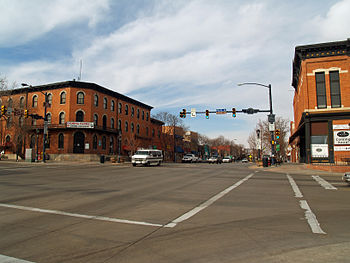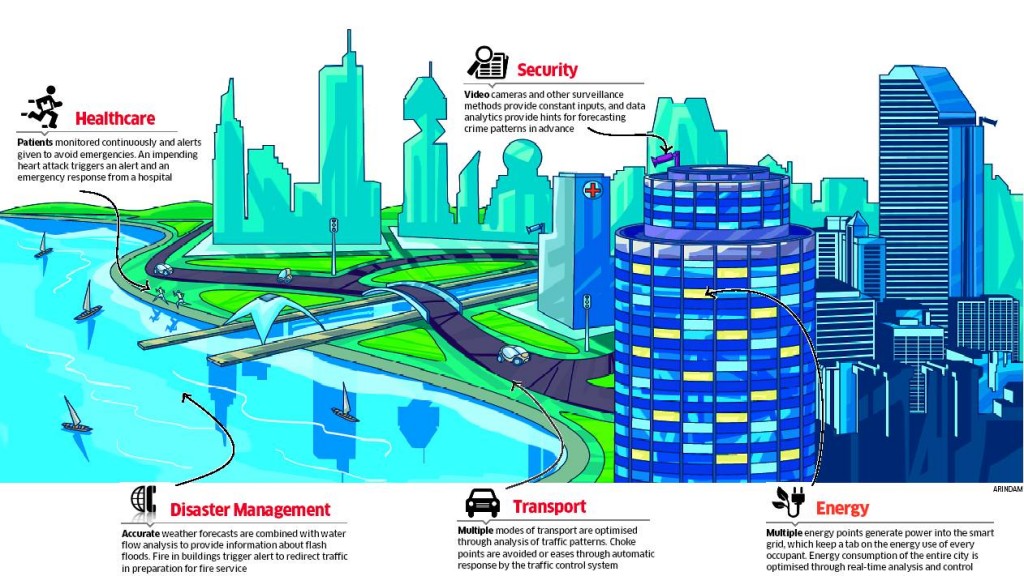
English: Looking north from the intersection of Main St. and 3rd Ave. towards the 300 block of Main St. Longmont, Colorado. (Photo credit: Wikipedia)
Governments do not tend to learn from their mistakes, they just cover them up with more money. Even detailed articles like these fail to ask the question whether government should be doing this or are there better ways of delivering broadband services.
By Karen Antonacci
Paul Radliff, of Longmont, had his home connected via fiber-optic cable to the city’s new high-speed Internet service earlier this month.
Under his old DSL service, he could download information at a speed of 20 megabits per second. Continue reading






